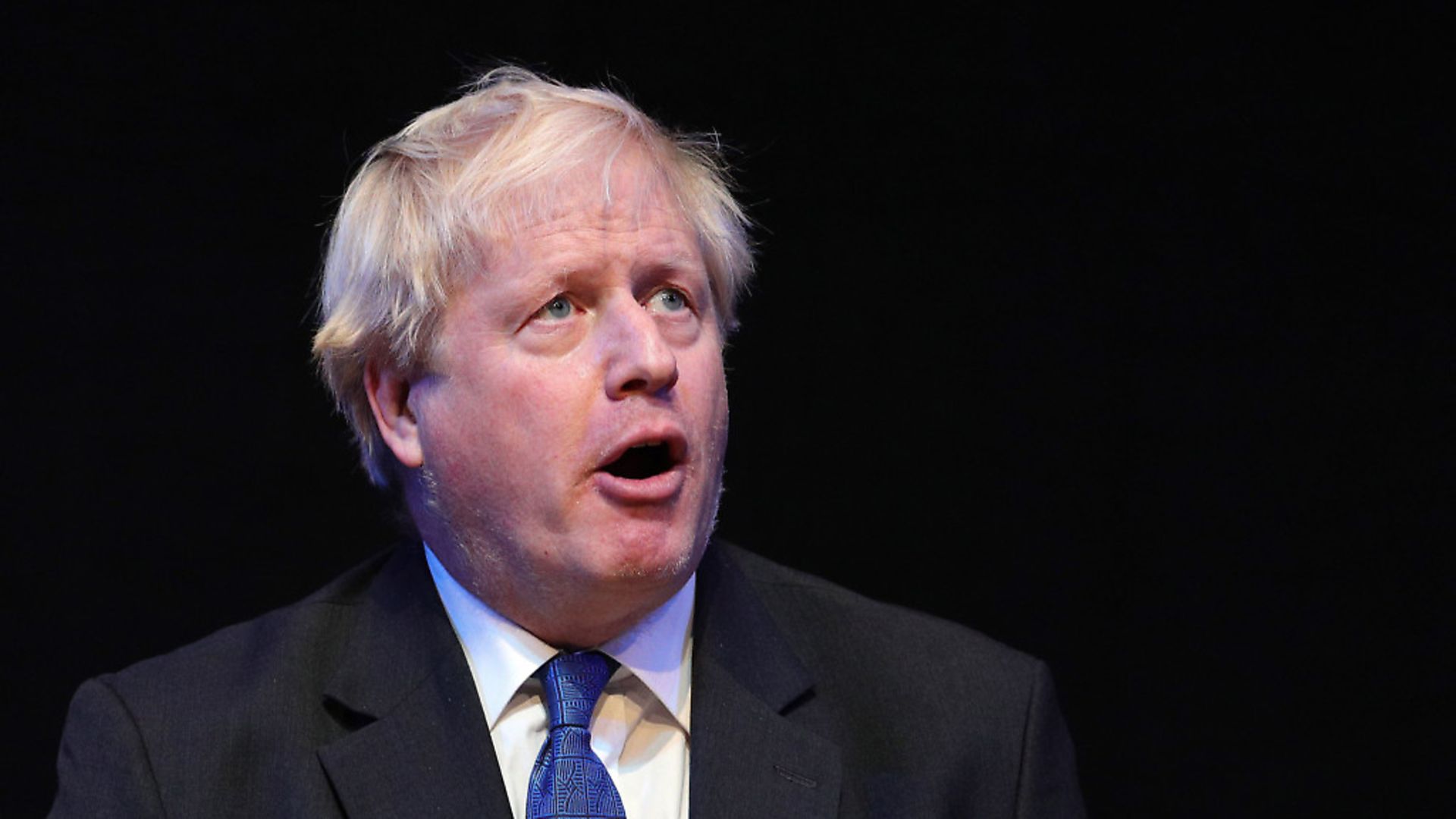
JAMES BALL’s Deconstructed: ‘Our modern political era is dominated by a war against reality’
It is becoming increasingly clear that the modern political war isn’t one against poverty, or against crime, or drugs, or even the tech giants – our modern political era is dominated by a war against reality.
And at first glance, its proponents appear to be winning: Donald Trump’s mendacious campaign landed him in the world’s most powerful political office. The false claims of Vote Leave – £350 million a week for the NHS, 70 million new immigrants from Turkey – played a huge part in winning the EU referendum. And from climate change to any number of other issues, the side denying the facts seems to have the upper hand.
Given that, it’s perhaps not surprising that when it comes to Brexit, groups from all sides of the political divide – though let’s be honest, especially pro-Brexit Conservatives – are sticking to that tried-and-tested formula: denying the facts, telling a story of the world as you’d like it to be, and waiting for the votes and applause to roll in.
We saw this at the Conservative conference, as Brexit secretary Dominic Raab denied a no-deal Brexit would ground flights – despite a public document released by his own government categorically saying otherwise. We saw it when Raab criticised the EU and Remain supporters for ‘politicising’ the Irish border – a border which played a large role in a decades-long civil war, well within both living and political memory.
And we see it every time Brexiteers try to wave off concerns about no-deal, and on virtually every occasions former foreign secretary Boris Johnson opens his mouth.
Given the apparently storming track record of such political denial of reality in recent years, it’s easy to see why leading politicians are tempting to carry on wallowing in a warm bath of soothing nonsense – but they’ve missed one key factor.
It is easy to deny something that’s a few years in the future. All you have to do in this situation is be more convincing than your opponents, and since they’re burdened down by inconvenient facts, and the difficulty of forecasting, you’ve got a very good chance of winning.
This was at the core of the Leave strategy of labelling Remain’s warnings as ‘Project Fear’: if Remain say something will be a disaster, they’re scaremongering. If they don’t, then why don’t we take the leap and leave?
It might be an amoral political strategy but, as we’ve seen, it’s certainly an effective one. Yet it only works when we’re talking about the future, and it only works when the future is not that close. We’re about to see what happens when post-truth politics meet cold, hard, reality – which is far less impressed by vague assurances and wild accusations.
If we actually encounter a no-deal Brexit and voters see the consequences for themselves, it will be very hard for politicians who have spent two years telling people not to worry to tell the public anything at all. We are, at most, five months away from starting to see those effects begin in earnest: if no-deal looks at all likely – let alone inevitable – the fallout from it will begin before March 29, 2019, even if it gets far worse after that date.
Our politicians have, when it comes to the EU, got so used to just saying what they would like to be true that they genuinely seem to be entirely oblivious to the fact it won’t work if people feel the real effects of their lies and misdirections – and they have virtually no plan for what to do if it happens.
To a lesser extent, this is a bullet that Labour and the People’s Vote movement need to bite: we are coming very close to the point where having an actual realistic plan might come back into fashion. So even if it doesn’t yet become Labour’s public position – which remains to essentially ask for the impossible, a deal with all the upsides of Brexit with few of its downsides – the party needs an actual plan for what it would do if it found itself in power with three months until d-day, however unlikely that is.
Similarly, the People’s Vote needs to start giving people assurances as to how it could work to actually secure a vote and delay the consequences of no-deal in the meantime, that go beyond glib assurances of just somehow magically securing extensions or delays. We have reason to hope these are possible, but owe it to the public to admit they’re not a given, and may not come without a price.
UK and US politics have reached a depressing place, dominated by characters with, at best, a loose grip on reality, and apparently little concern about the consequences of their actions. But in some ways the UK is in a worse position than the US: while Trump can be satisfied by a ‘renegotiated’ Nafta trade deal that in reality is little more than a renaming exercise, so it becomes ‘his’, our politicians are trying to fundamentally renegotiate our key political and economic alliance from a position of delusion. Starting a political fight with reality, like jumping out of an aeroplane, is clearly an exhilarating and enjoyable experience – until suddenly, it’s not.










